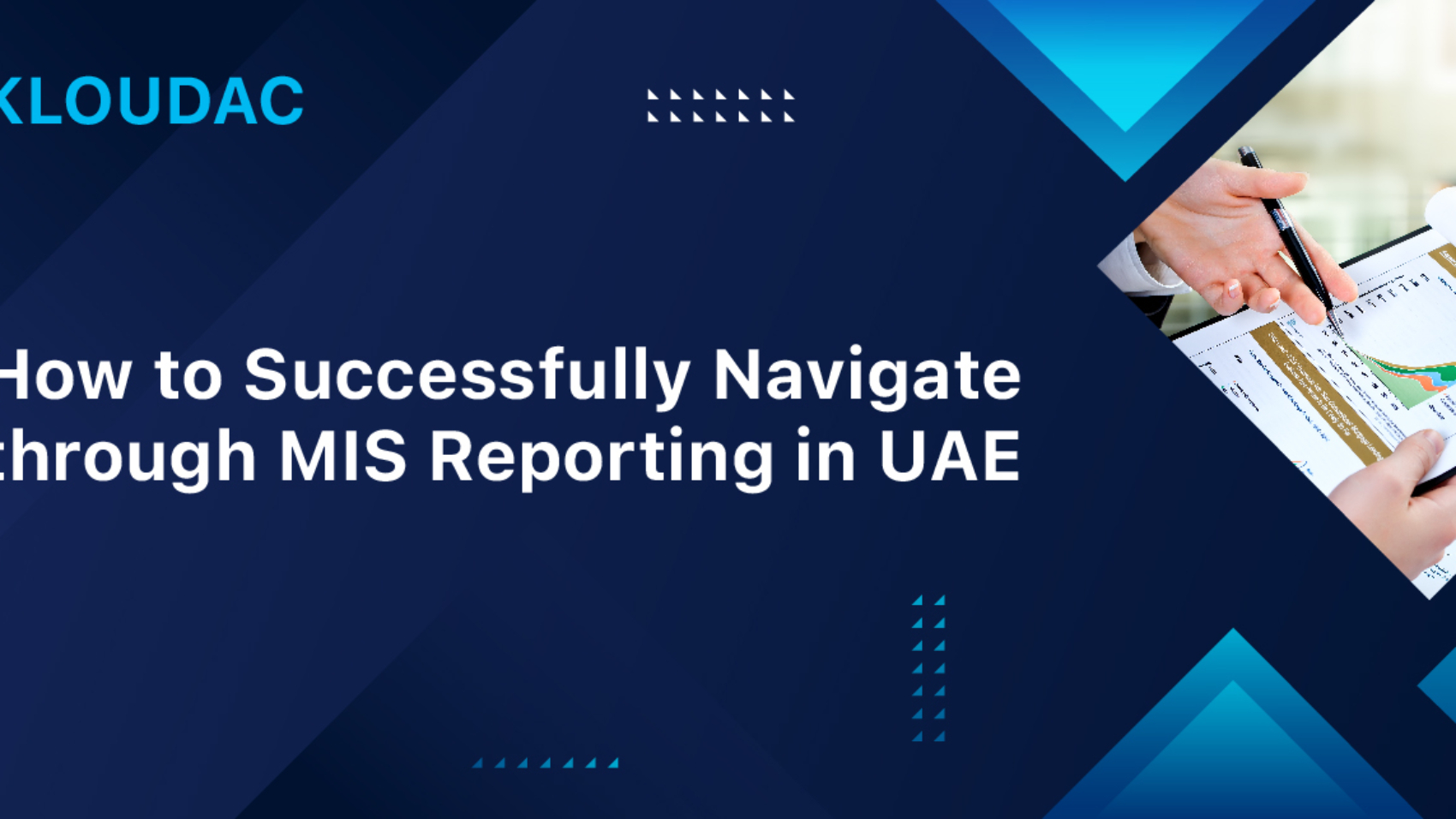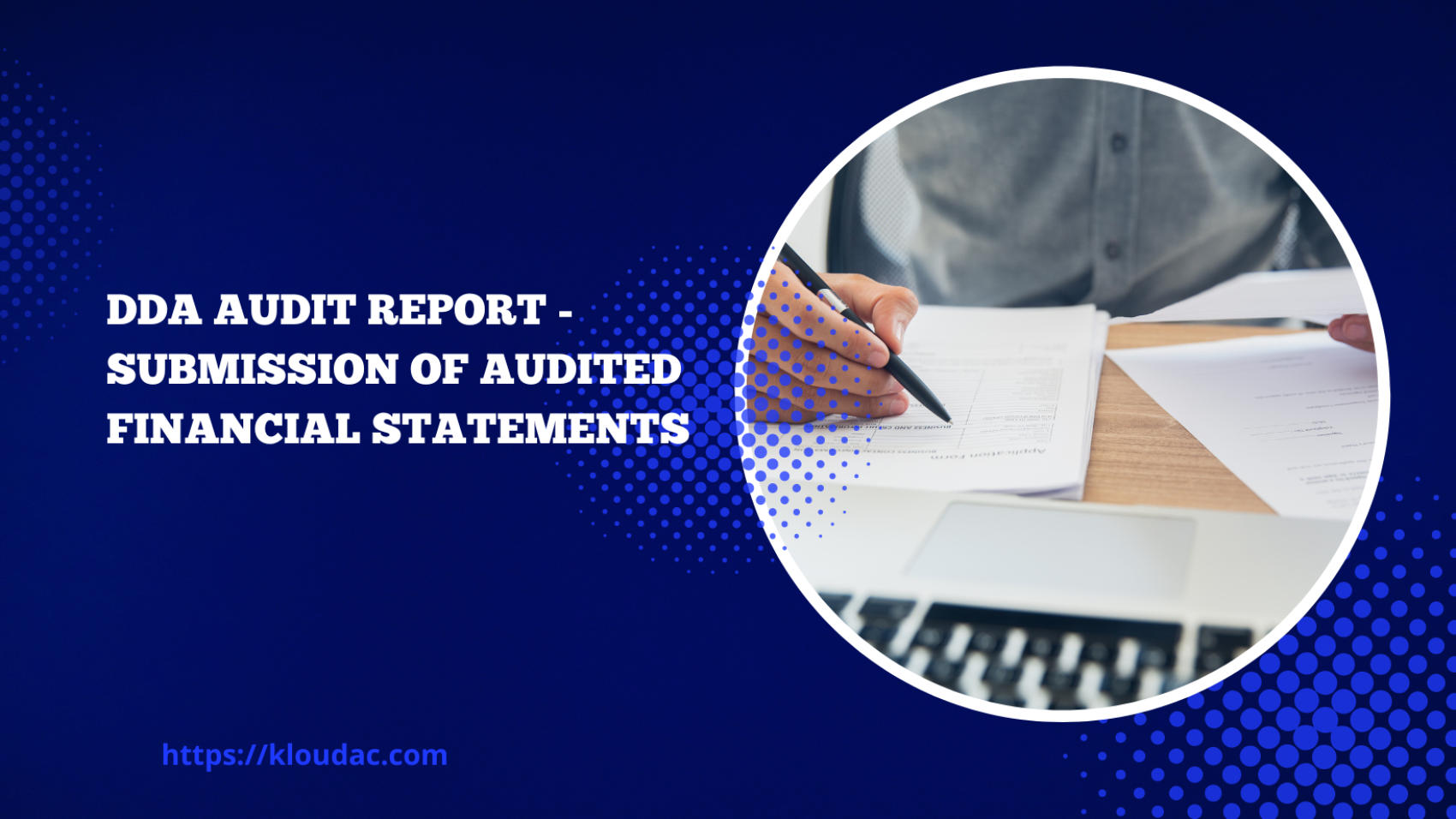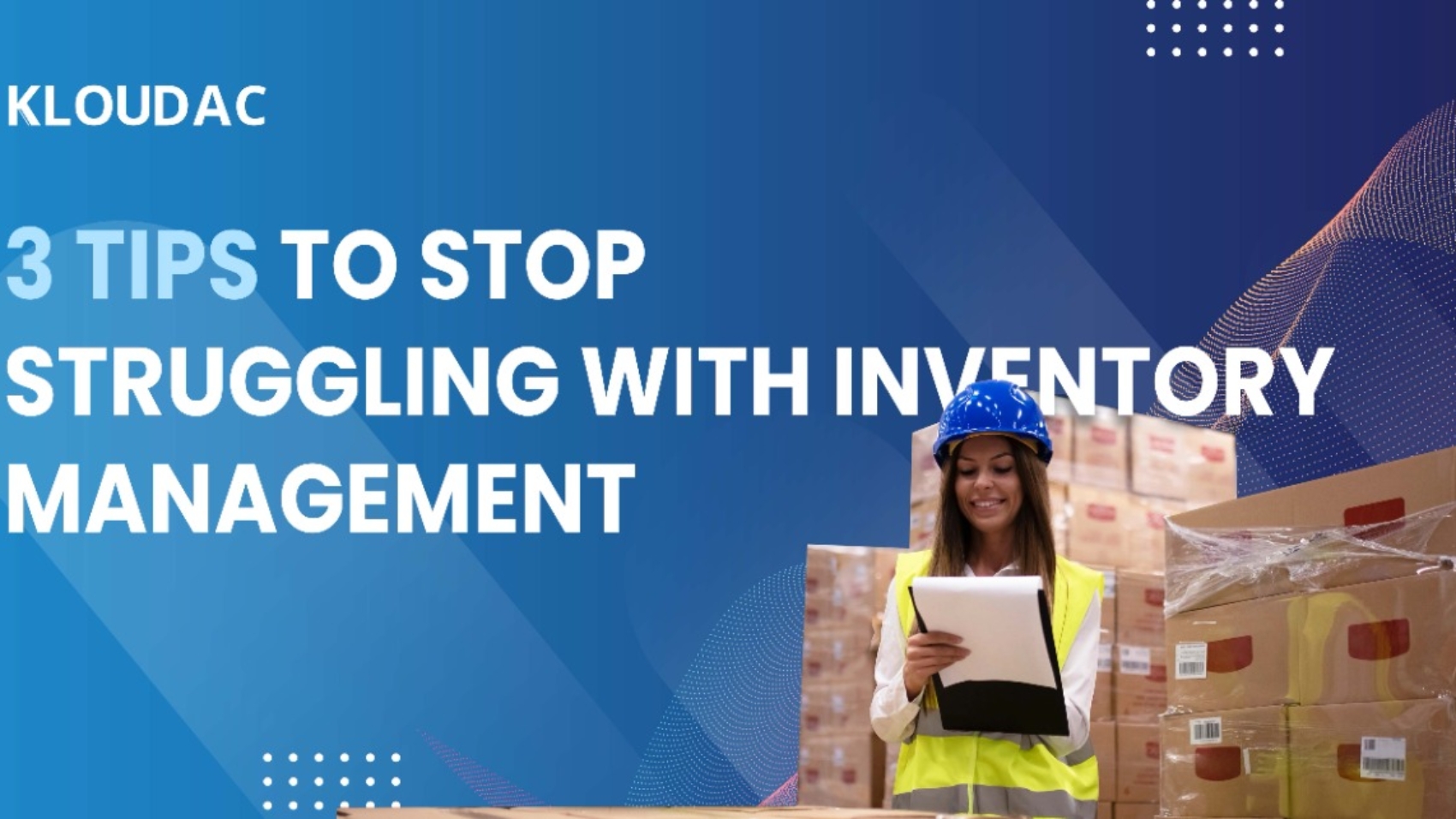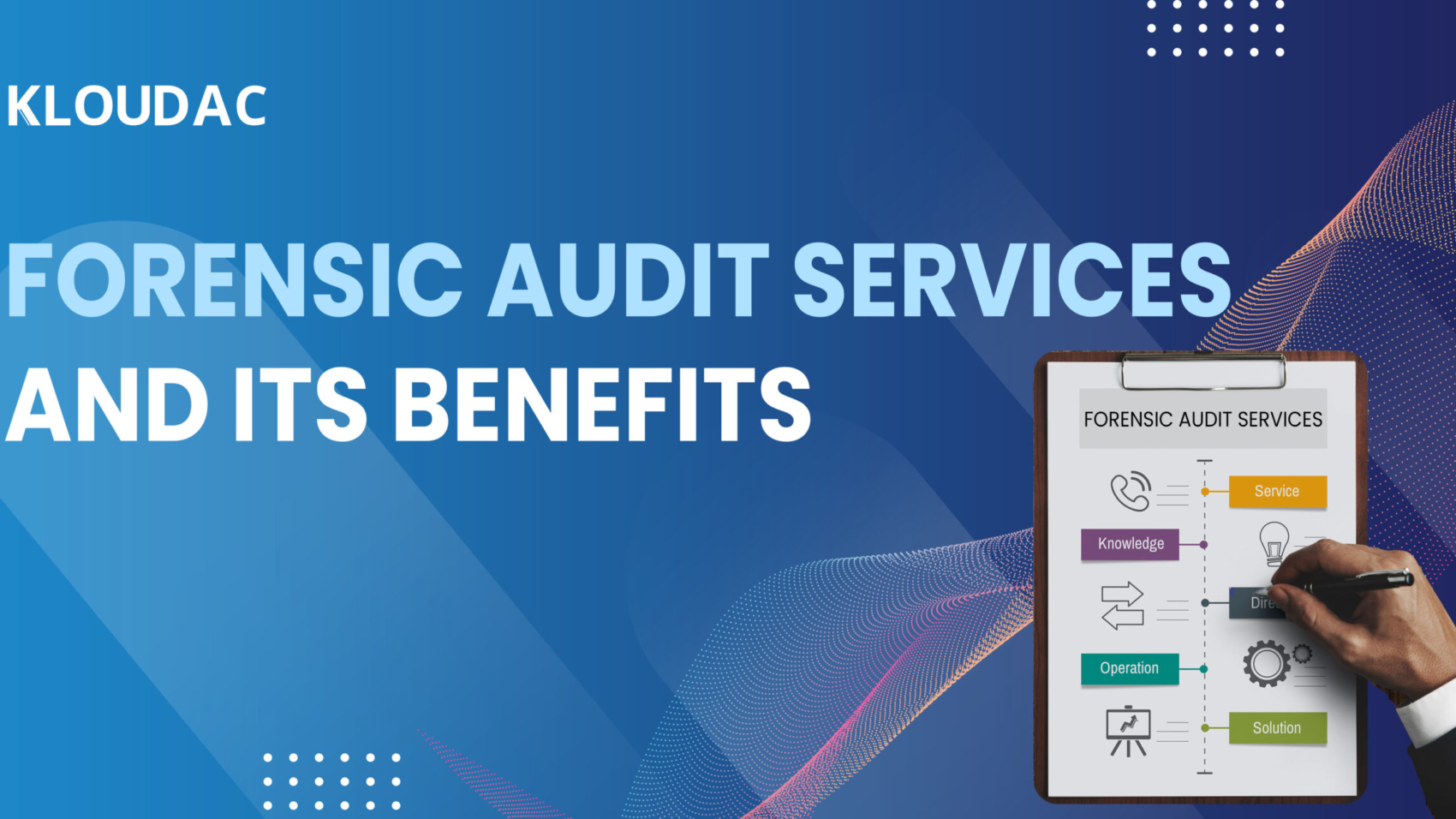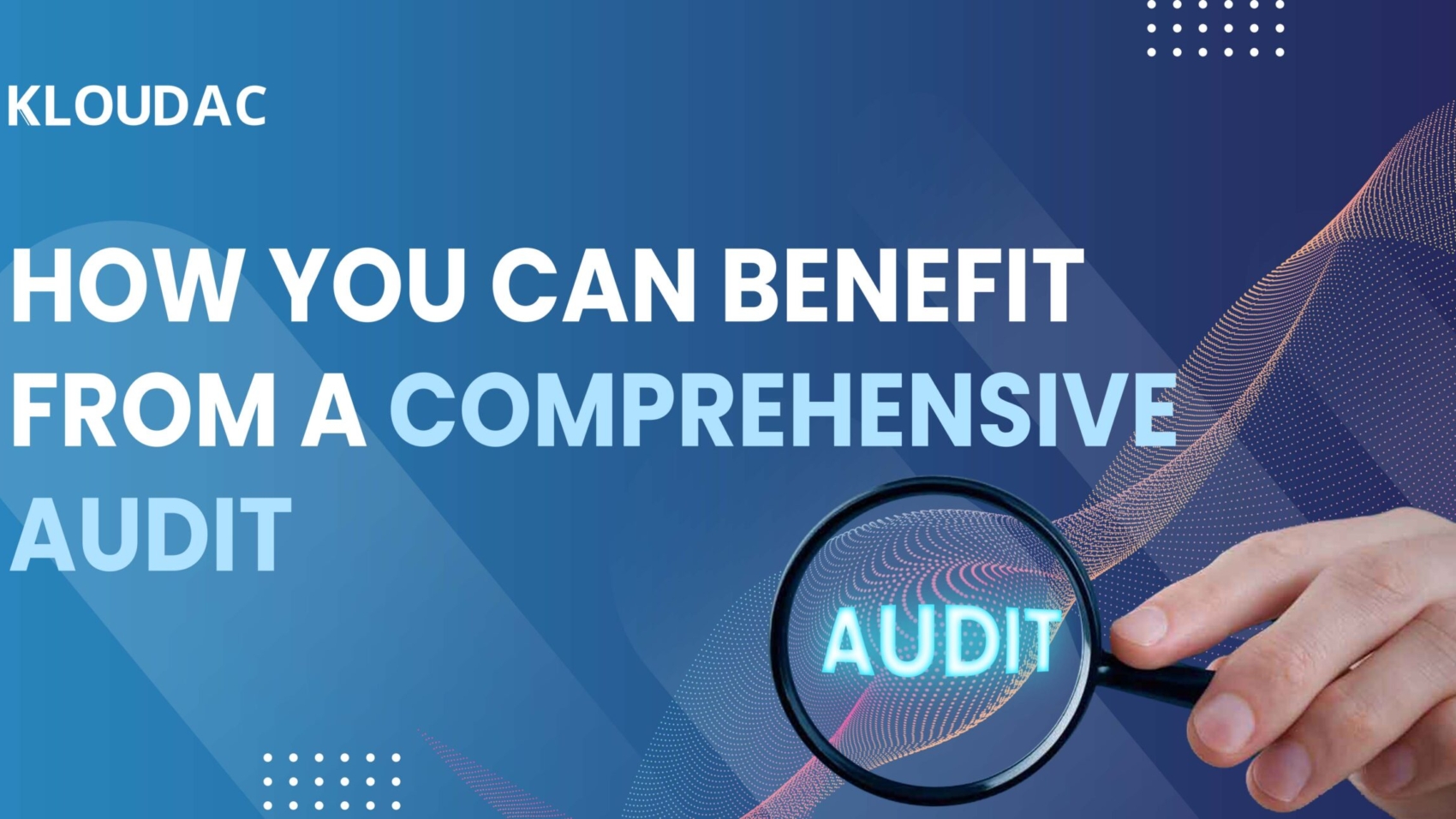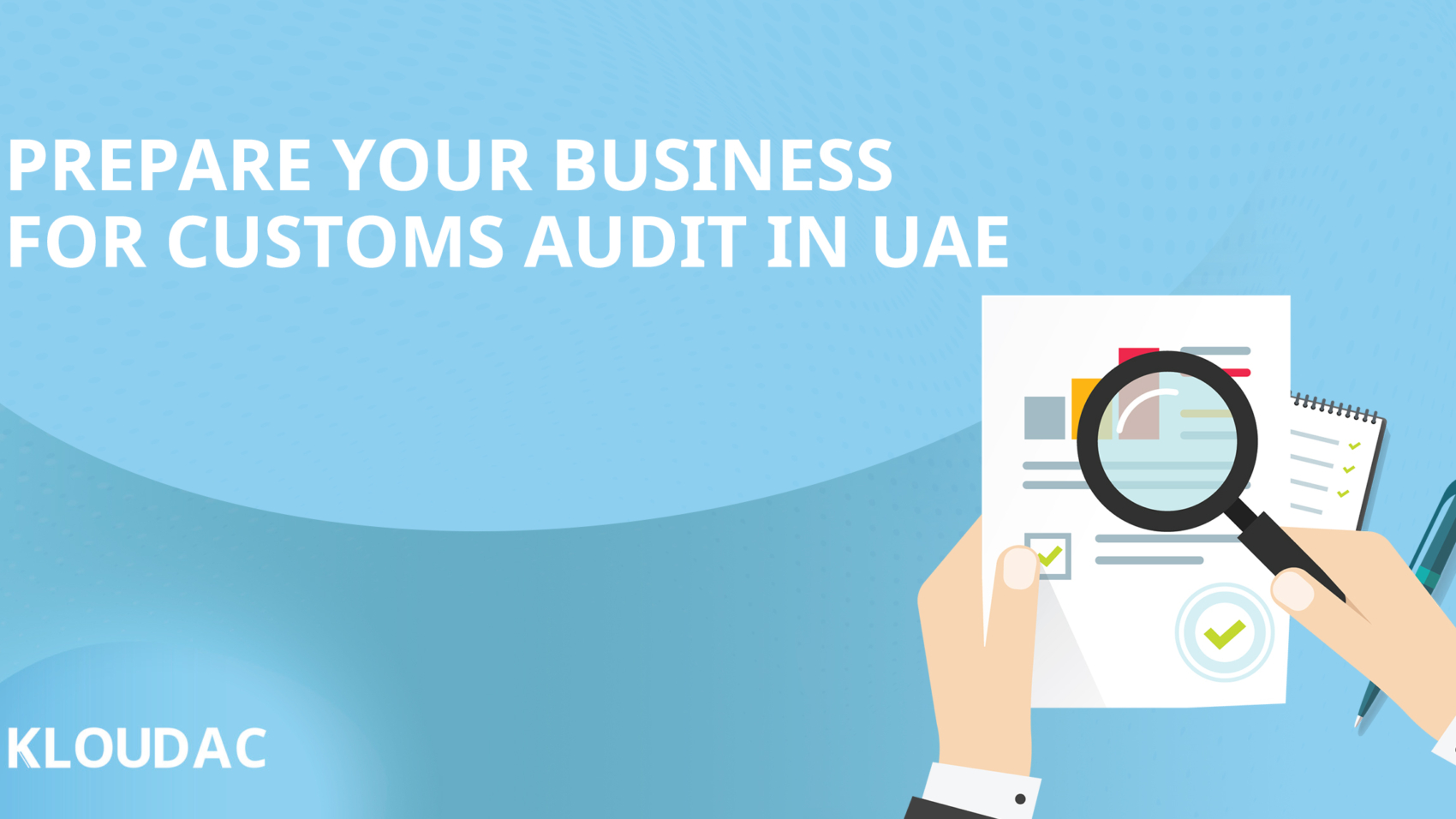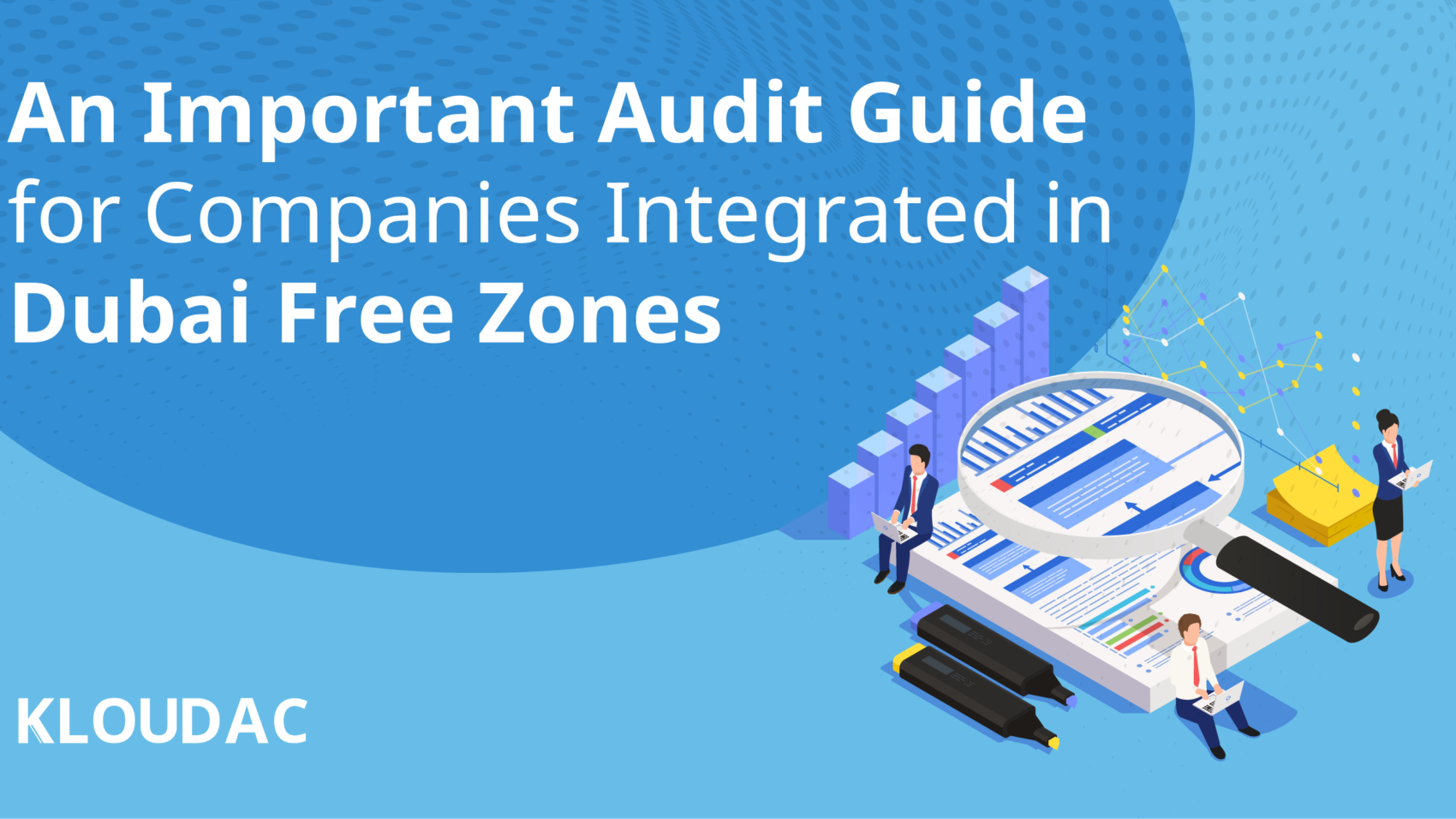In the dynamic business landscape of the United Arab Emirates (UAE), effective management information system (MIS) reporting is crucial for informed decision-making and sustained growth. Whether you’re a small business or a multinational corporation, understanding how to navigate through MIS reporting is key to optimizing operations and achieving strategic objectives. In this blog post, we will explore the fundamentals of MIS reporting and provide insights on how businesses can successfully navigate through this essential process in the UAE.
What is MIS Reporting?
Management Information System (MIS) reporting involves the collection, analysis, and presentation of data to support decision-making within an organization. In the UAE, MIS reporting is not only a tool for internal management but is also critical for compliance with regulatory requirements. It encompasses financial, operational, and strategic data, providing a comprehensive overview of an organization’s performance.
Key Components of Successful MIS Reporting in the UAE
1. Understanding Regulatory Requirements
Familiarize yourself with the regulatory landscape in the UAE. Different industries may have specific reporting standards, and staying compliant is essential. Regularly update your knowledge on relevant laws and regulations to ensure accurate and timely reporting.
2. Data Accuracy and Consistency
Ensure that the data collected for MIS reporting is accurate, consistent, and reflects the true state of your organization. Implement robust data validation processes to identify and rectify errors promptly.
3. Integration of Financial and Non-Financial Data
Successful MIS reporting goes beyond financial metrics. Integrate operational and strategic data to provide a holistic view of your organization’s performance. Explore tools that facilitate the seamless integration of diverse data sources.
4. Customization for Stakeholders
Tailor your MIS reports to cater to the specific needs of different stakeholders. Executives, managers, and regulatory bodies may require different insights. Utilize visualization tools to present complex data in an accessible and understandable format.
5. Real-time Reporting
Leverage technology to enable real-time or near-real-time reporting. This enhances agility and allows for quicker responses to changing market conditions. Invest in systems that support automation to reduce the manual workload and minimize errors.
6. Data Security and Privacy
Given the increasing emphasis on data protection, prioritize the security and privacy of your MIS data. Implement robust cybersecurity measures and ensure compliance with data protection regulations in the UAE.
7. Training and Skill Development
Provide training for your staff to enhance their skills in data analysis, report generation, and interpretation. Stay updated on emerging trends and technologies in MIS reporting through continuous education.
8. Regular Audits and Reviews
Conduct regular internal audits of your MIS reporting processes to identify areas for improvement. Seek external reviews to ensure compliance with industry best practices.
KLOUDAC Accounting Firm Dubai, UAE
Successfully navigating through MIS reporting in the UAE requires a proactive and strategic approach. By embracing regulatory compliance, prioritizing data accuracy, and utilizing technology to your advantage, you can harness the power of MIS reporting to drive organizational success. KLOUDAC will help you stay agile, continuously adapt to changing requirements, and consider MIS reporting as an ongoing process for continuous improvement in your business operations.
